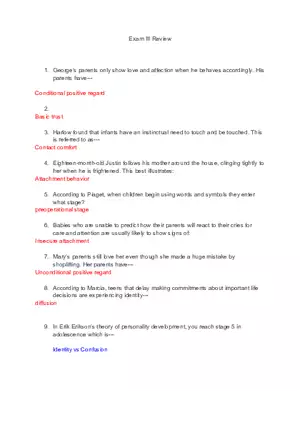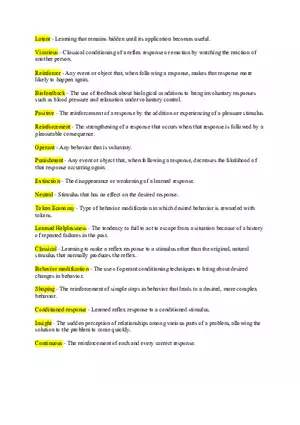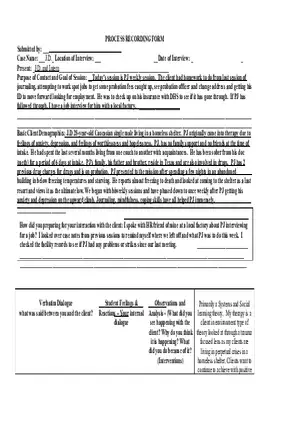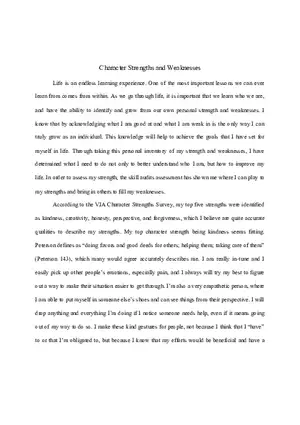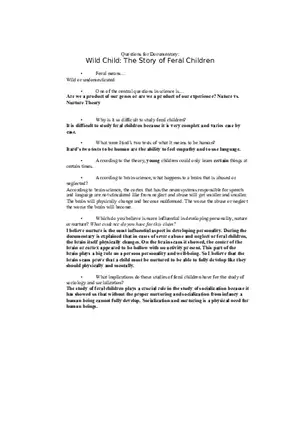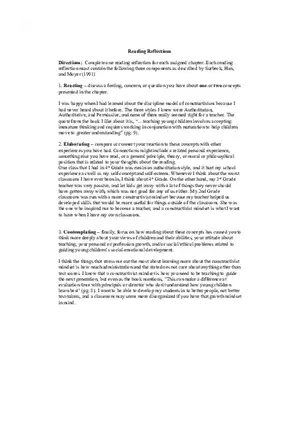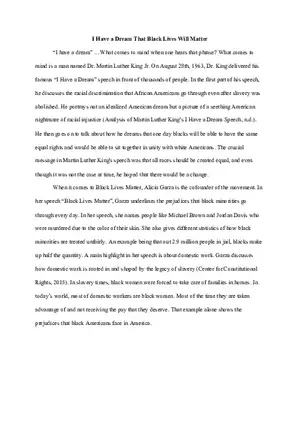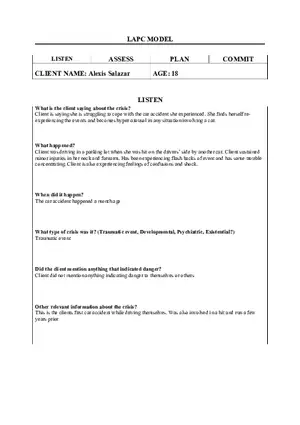Lecture Note
Play in Early Childhood
-
University:
California State University, Northridge -
Course:
PSY 313 | Developmental Psychology Academic year:
2005
-
Views:
289
Pages:
4
Author:
Kyson Rose
Related Documents
- Questions People Need to Consider Before Coming Out
- Cognitive Development in Adolescence
- 16 Cattell Personality Factors
- Discriminant Function Analysis
- Substance–Related Disorders
- Adolescence
- Language Development
- MANOVA Basics. Assumptions of MANOVA
- Personality Disorders
- Physical Disorders and Health Psychology
- Middle Childhood Cognitive Development
- The Sex Hierarchy: The Charmed Circle vs. The Outer Limits
- MANOVA Basics. What is MANOVA
- Multivariate Analysis of Variance
- Teacher Expectation and Student Performance
Report
Tell us what’s wrong with it:
Thanks, got it!
We will moderate it soon!
Report
Tell us what’s wrong with it:
Free up your schedule!
Our EduBirdie Experts Are Here for You 24/7! Just fill out a form and let us know how we can assist you.
Take 5 seconds to unlock
Enter your email below and get instant access to your document





